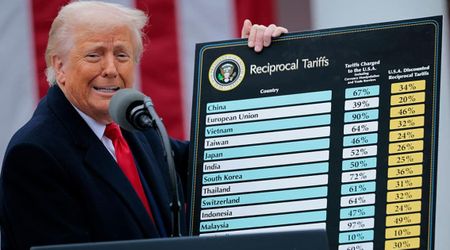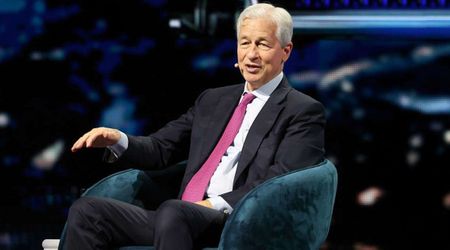Check out Budgeting Strategies of Rich People That Give Them an Upper Hand Over Middle Class

The critical role that financial habits play in shaping an individual's financial trajectory is often overlooked while making strategies to save and invest money for better returns. Although earning a high income certainly contributes to financial success, adopting effective budgeting strategies and investment habits is equally, if not more, important. The dichotomy between middle-class habits and those of the wealthy sheds light on the behaviors and mindsets crucial for true financial prosperity.
One of the fundamental disparities lies in the approach towards saving and investing. While the middle class tends to prioritize saving, the wealthy understand the power of investing. Investing in assets such as stocks and real estate enables the wealthy to benefit from compound growth over time, a strategy often overlooked by the middle class.

The concept of multiple income streams also serves as a cornerstone of wealth accumulation, and unlike their middle-class counterparts, the wealthy are relentless in their pursuit of new sources of revenue. Diversifying income streams not only mitigates risk but also ensures financial resilience in the face of economic uncertainties. By investing in various assets and ventures, the wealthy safeguard themselves against the volatility of individual markets or industries.
Education is another area where the rich distinguish themselves by pursuing continuous self-improvement while the middle class may stop learning after achieving formal education.
Financial discipline is a trait synonymous with wealth attainment that well-to-do people stick to, by prioritizing long-term goals over short-term gratification, and allocating resources efficiently towards wealth-building endeavors. On the other hand, the middle class often succumbs to lifestyle inflation, overspending on discretionary expenses, and accumulating debt.

Understanding tax implications is paramount for wealth preservation and growth. High-net-worth individuals leverage strategic tax planning strategies to optimize their tax liability and retain more of their income. By capitalizing on tax-efficient investment vehicles and legal deductions, the wealthy minimize tax burdens and maximize wealth accumulation opportunities.
The phenomenon of "keeping up with the Joneses" elucidates the propensity of the middle class to prioritize conspicuous consumption over prudent financial management. Instead of focusing on outward displays of affluence, the wealthy prioritize frugality and investment. By living below their means and directing savings towards income-generating assets, they achieve sustainable wealth creation.

A defining characteristic of the wealthy is their relentless pursuit of excellence. Unlike the middle class, who may settle for mediocrity, the wealthy strive for peak performance in all endeavors. Whether in their careers or personal pursuits, they exhibit a relentless drive towards success, often embracing a performance-based approach that aligns incentives with outcomes. This is an essential approach that the middle class need to adopt at a time when observers are suggesting that they are succumbing to the rising cost of living.
The journey towards wealth transcends mere earnings; it requires a fundamental shift in mindset and behavior. By adopting budgeting strategies of rich people and eschewing middle-class habits, individuals can chart a course toward financial independence and prosperity. Through prudent investing, diversification of income streams, continuous self-improvement, and disciplined financial management, the path to wealth becomes not just attainable but sustainable in the long run.






















